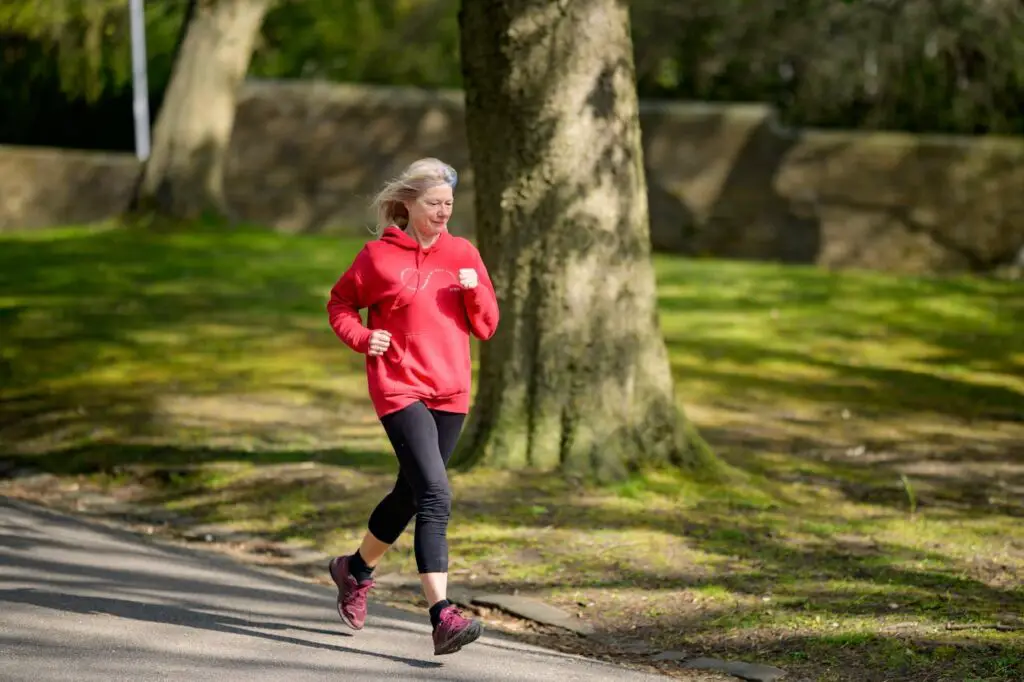Want to Stay Young and Active? 8 Energy-Boosting Secrets for Baby Boomers

As you age, maintaining high energy levels and staying active can feel like an uphill battle. But getting older does not have to mean slowing down. With the right lifestyle changes and habits, Baby Boomers can continue to feel youthful, strong, and full of life. Here are eight energy-boosting secrets to help you stay active and vibrant well into your golden years.
1. Prioritize Quality Sleep

Sleep plays a crucial role in maintaining energy, yet many Baby Boomers struggle with restless nights or insomnia. To ensure quality rest, establish a consistent bedtime routine, keep your bedroom dark and cool, and avoid screens at least an hour before bed. Aim for at least seven to nine hours of sleep each night, and if you struggle with chronic sleep issues, consider seeking advice from a doctor. A well-rested body translates to increased energy, sharper mental clarity, and better overall well-being.
2. Stay Hydrated Throughout the Day

Dehydration is a common but overlooked cause of fatigue among older adults. As you age, your body’s ability to retain water decreases, making it essential to drink plenty of fluids. Aim for at least eight glasses of water per day and increase your intake if you are physically active or in warm climates. Herbal teas, water-rich fruits, and electrolyte-infused drinks can also help maintain hydration. Staying hydrated supports circulation, digestion, and energy production, keeping you feeling refreshed and alert all day long.
3. Engage in Regular Physical Activity

Exercise is one of the best ways to maintain energy levels and overall health. Whether it is walking, swimming, yoga, or strength training, regular movement keeps your muscles strong, boosts circulation, and enhances endurance. Aim for at least 150 minutes of moderate exercise per week and incorporate activities that you enjoy. Exercise also releases endorphins, which naturally combat fatigue and improve mood. Staying active not only keeps you energized but also supports heart health and mobility as you age.
4. Fuel Your Body with Nutrient-Rich Foods

Your diet directly impacts your energy levels, so it is important to focus on foods that provide lasting fuel. Incorporate a balanced diet rich in lean proteins, whole grains, healthy fats, and plenty of fruits and vegetables. Avoid processed foods, excessive sugar, and empty-calorie snacks that can lead to energy crashes. Consider adding superfoods like nuts, seeds, berries, and leafy greens to your meals for an extra boost. Eating smaller, balanced meals throughout the day helps sustain energy levels and prevents sluggishness.
5. Manage Stress Effectively

Chronic stress drains your energy and takes a toll on your physical and mental health. Finding effective ways to manage stress is key to staying active and feeling youthful. Engage in relaxation techniques such as meditation, deep breathing, or gentle stretching to reduce tension. Spending time with loved ones, practicing gratitude, and engaging in hobbies can also help lower stress levels. If you struggle with persistent stress, consider talking to a counselor or joining a support group to maintain emotional well-being and high energy levels.
6. Maintain Social Connections

Strong social relationships are essential for emotional health and longevity. Isolation and loneliness can lead to fatigue, depression, and a decline in physical health. Stay connected by engaging in community activities, joining clubs, or maintaining regular contact with family and friends. Volunteering or participating in group fitness classes can also enhance your sense of purpose and boost energy levels. Being socially active stimulates the mind and body, helping you feel younger and more vibrant.
7. Keep Your Mind Engaged

Mental stimulation is just as important as physical activity for maintaining high energy levels. Challenge your brain with puzzles, reading, learning new skills, or playing an instrument. Engaging in creative or educational activities keeps your mind sharp and reduces the risk of cognitive decline. Lifelong learning and intellectual curiosity contribute to overall vitality and enthusiasm for life. The more engaged your mind is, the more energy you will have to tackle daily activities with a youthful spirit.
8. Supplement Wisely When Needed

As you age, your body’s ability to absorb certain nutrients may decline, leading to deficiencies that can impact energy levels. Consult with your doctor about supplementing essential vitamins and minerals like vitamin D, B12, magnesium, and omega-3 fatty acids. These nutrients support metabolism, muscle function, and overall energy production. However, it is important to get most of your nutrients from a balanced diet and use supplements only as needed. Proper supplementation can bridge nutritional gaps and help sustain long-lasting energy.
Final Thoughts

Aging does not mean losing your energy or enthusiasm for life. By prioritizing sleep, hydration, exercise, nutrition, and mental well-being, you can continue to feel young and active for years to come. Incorporate these energy-boosting secrets into your daily routine, and you will experience the vitality and strength needed to enjoy every moment. Staying young is not just about age—it is about how you take care of yourself and embrace a lifestyle that supports lifelong health and happiness.
Leave a Reply